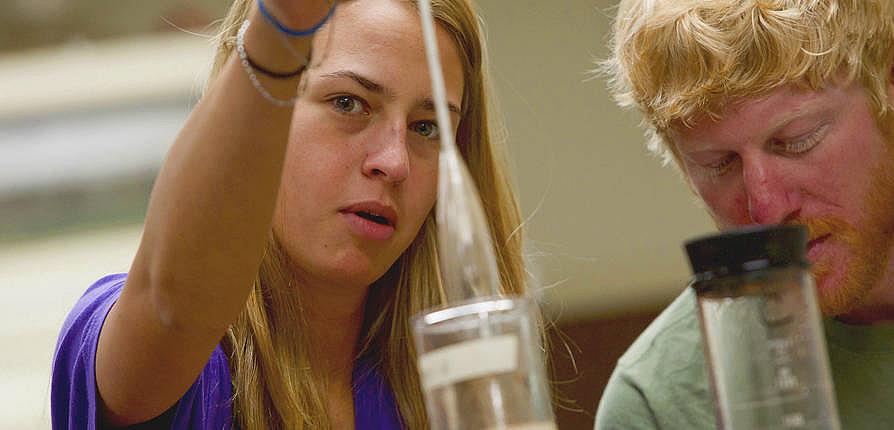The Institutional Biosafety Committee at SFA is responsible for the review of proposed research activities that involve biological agents, toxins, or recombinant DNA. This review process ensures that all university activities comply with government regulations set forth by the National Institutes of Health, the Centers for Disease Control and Prevention, the U.S. Department of Agriculture, the U.S. Department of Health and Human Services, and the latest Select Agent Regulations (7 CFR Part 331, 9 CFR Part 121, and 42 CFR Part 73), as applicable.
The IBC shall consist of university faculty and community representatives as set forth by the NIH Guidelines. In addition to ensuring compliance with federal agency requirements, the main goal of the IBC is to minimize risks to faculty, staff, students, facilities, the community, and the environment. All IBC procedures should be followed in conjunction with other relevant SFA policies and procedures.
NIH Biosafety and Recombinant DNA Policy
The Biosafety Policy and Recombinant DNA Policy Program manages and evaluates the current biosafety policies for research at institutions that receive NIH support in the US and abroad to help ensure that such research is conducted in accordance with the highest standards to protect the health of researchers, the public and the environment. The program administers the NIH Guidelines for Research Involving Recombinant or Synthetic Nucleic Acid Molecules, manages the Recombinant DNA Advisory Committee, and develops relevant biosafety policy and guidance, as needed.
 Axe ’Em, Jacks!
Axe ’Em, Jacks!
